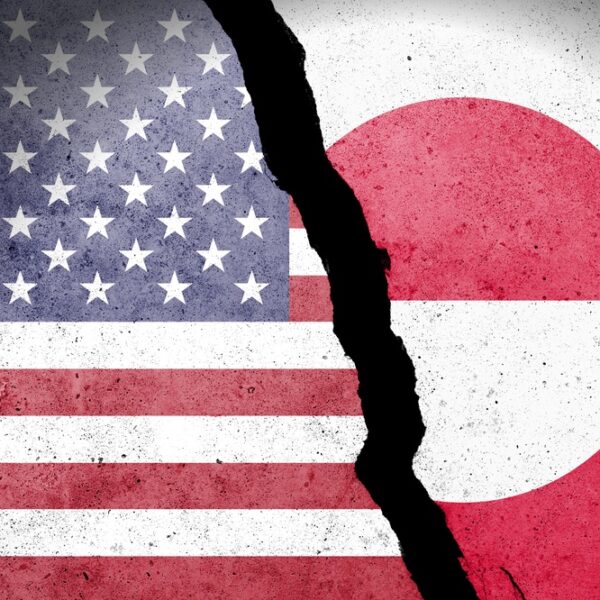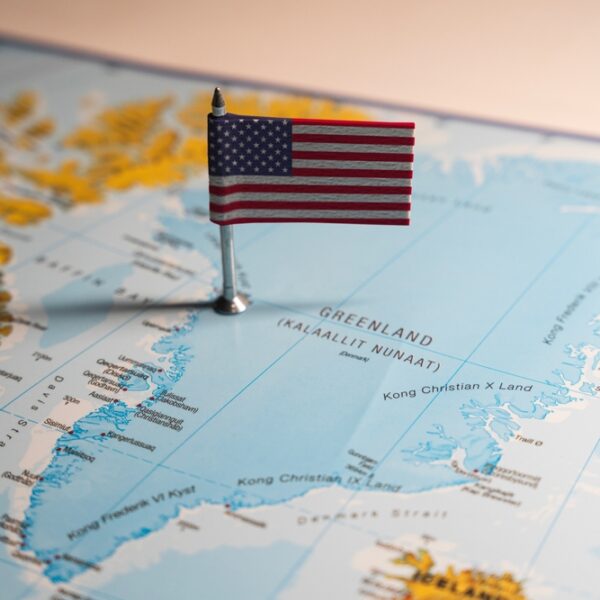Court rules Palestine Action can challenge ban
The UK High Court has ruled that a judicial review of the government’s decision to ban the protest group Palestine Action under terrorism legislation can proceed, raising important questions about the boundaries between direct action, criminality, and the right to protest.
The interim decision, delivered by Mr Justice Chamberlain, does not lift the ban on the group. However, it opens the door to a full legal review this November of whether the ban was lawfully imposed — particularly in light of civil liberties arguments raised by the group’s legal team.
Palestine Action has been at the centre of politically charged debate in recent years for its direct action campaigns targeting companies linked to Israeli arms exports. Its members have been involved in high-profile break-ins and property damage, most recently causing an estimated £7 million in damages to RAF aircraft at Brize Norton. The government cited such incidents as evidence of organized criminal behaviour justifying proscription under the UK’s terrorism framework.
Supporters of the group argue the ban effectively criminalizes protest and equates political activism with extremism. Huda Ammori, a co-founder of Palestine Action, is bringing the legal challenge on the basis that the ban restricts freedom of expression and association.
In his ruling, Justice Chamberlain acknowledged these concerns. He noted that while Parliament has established a formal process for banned groups to appeal their designation, that process often takes more than a year — a delay that could result in inconsistent or premature criminal prosecutions. “That would be a recipe for chaos,” he said, emphasizing the need for a timely review by the courts to prevent fragmented legal outcomes across jurisdictions.
The government, led by Home Secretary Yvette Cooper, maintains that the ban was necessary to address “serious criminality” and uphold public safety. Internal documents revealed during the case indicate that police had grown frustrated with what they viewed as insufficient legal tools to prevent recurring break-ins and damage linked to Palestine Action’s operations. While some police agencies supported the ban for its potential deterrent effect, they also warned it risked appearing as “state repression” if applied too broadly.
The Foreign Office echoed those concerns, suggesting the move could be perceived as disproportionate — particularly in the eyes of international partners and Middle Eastern governments. One memo described the group’s activities as “largely viewed as activism, not terrorism.” Officials also warned of potential consequences for domestic cohesion, particularly among British Muslim communities who might see the ban as reflective of political bias.
The court concluded that, regardless of one’s position on the group’s methods, the government’s decision raised legitimate issues about the limits of state power and protest rights. “Whether one agrees with them or not,” Justice Chamberlain wrote, “the subject matter of the protests is of considerable importance.”
Right-leaning outlets continue to portray the group as a criminal threat and the ban as a law-and-order necessity, while left-leaning publications have focused on civil liberties, framing the case as a test of protest rights.
Britain’s culture of ‘human rights’ has reached an absurd level
Palestine Action co-founder wins permission to challenge ban
Top lawyers warn Keir Starmer his pledge to recognise a Palestinian state risks breaking international law as PM continues to face furious backlash
West should demand that Hamas must surrender… unilateral declarations recognising a state of Palestine won’t defeat it
Palestine Action and the distortion of terrorism
Judge allows Palestine Action to challenge Home Office over terrorism ban
















